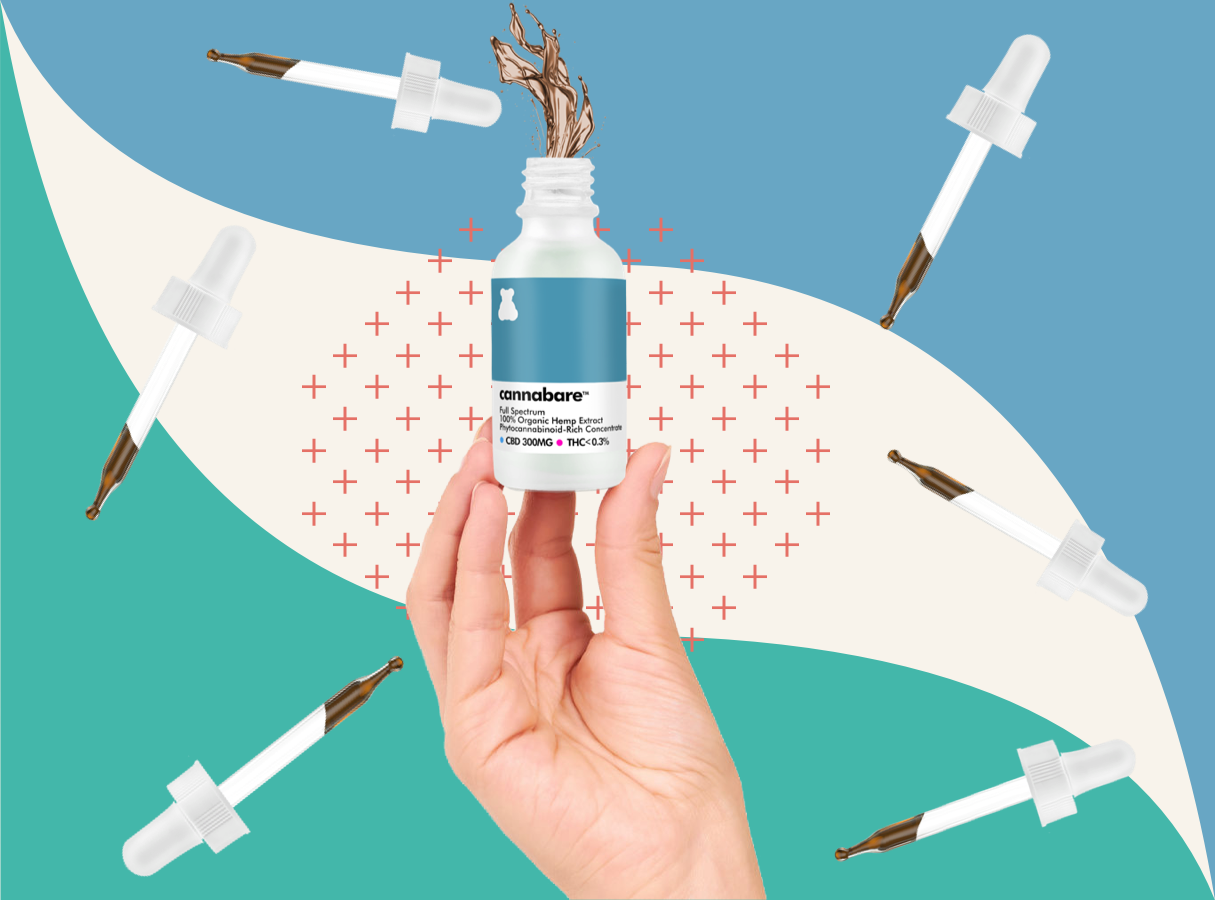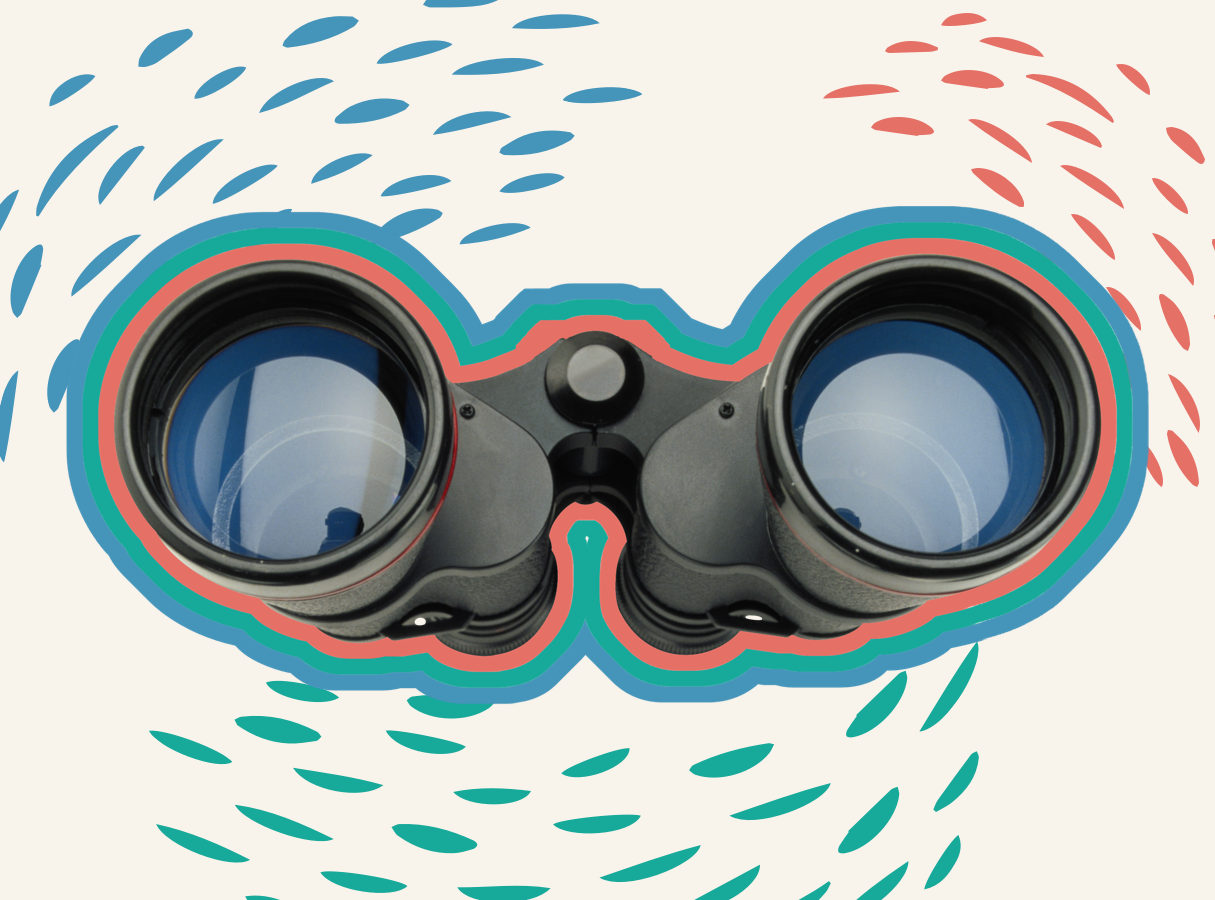CBD Health Benefits
CBD OIL FOR EATING DISORDERS
A number of diseases that involve extreme weight gain and loss, including obesity related to binge eating, have similar biological and psychological factors. Emerging evidence has shown a link between defects in the endocannabinoid system and eating disorders, and some research has shown promise in the use of cannabinoids to treat them.
Interestingly, cannabis has been used historically both to increase and suppress appetite. Animal and human studies indicate that CB1 receptor agonists relate to appetite enhancement and an increase in the perceived reward value of food, while CB1 antagonists have been shown to inhibit food intake. This has led to the clinical development of several pharmaceutical drugs that modulate the endocannabinoid system in the treatment of eating disorders, with mixed success. Current science is limited and suggests that certain cannabinoids tend to increase eating while others reduce food intake. Add to this the fact that cannabinoids can sometimes affect people in opposite ways, which supports the hypothesis that cannabinoids may adapt to different body chemistries to facilitate homeostasis.
Research in 2016 examined the relationship between CBD and what is known as brown fat, the type of fat cell that burns calories in order to generate heat rather than store them. The study data suggested that “CBD plays dual modulatory roles in the form of inducing the brown-like phenotype as well as promoting lipid metabolism. Thus, CBD may be explored as a potentially promising therapeutic agent for the prevention of obesity.”
Conversely, anorexia and cachexia involve physical wasting and malnutrition. While anorexia is both biological and psychological in nature, cachexia accompanies cancer, AIDS, pulmonary disease, multiple sclerosis, heart failure, tuberculosis, severe neurological diseases, heavy metal poisoning, and extreme hormonal imbalance. Characteristics of both conditions include loss of weight, muscle atrophy, fatigue, weakness, and loss of appetite. Research has confirmed that cannabinoids help alleviate cachexia symptoms in many sufferers and offers treatment of related conditions as well.
In 2013 two studies showed promising results related to the use of cannabinoids with anorexia patients. THC activates the CB1 receptor, which helps increase appetite. CB1 is also involved with the receptor for ghrelin, a hormone that contributes to an increase in the sensation of hunger. One involved use of a synthetic cannabinoid, dronabinol, which led to small but significant weight gain in anorexia nervosa patients, and another that found cannabinoids helped anorexia-stricken mice recover and return to a healthy weight.




